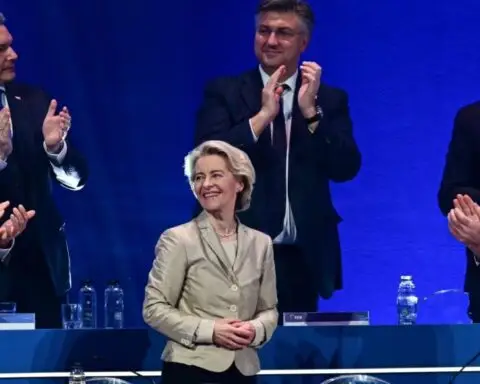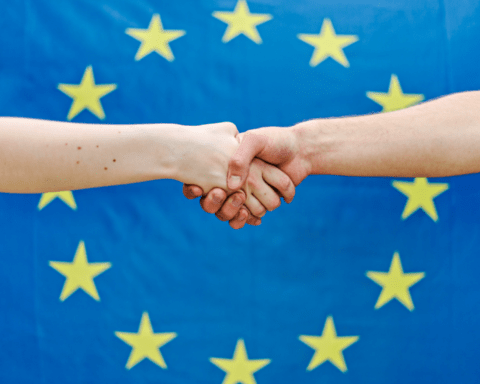As Europe faces rising numbers of Covid-19 cases, what lessons have been learnt from the first wave?
The Covid crisis is an unprecedented challenge for our societies. We know that we will need a vaccine, but we also know that it will take time.
We have learnt from the first wave that coordination is key. Uncoordinated actions, border management, accounting health methodologies have been among the main topics on which improvements were deemed necessary. That is why I welcome the new proposal by the European Commission to tackle cross-border health threats and the revised mandate of the European Centre for Disease Prevention and Control and the European Medicine Agency.
From a larger perspective, this crisis has allowed the EU to make a significant leap forward in European integration with the recovery plan. The new EU health programme will allow us to support our hospitals, to make sure that we have the necessary medical products and above all to support our healthcare people who have been at the forefront of the battle over the last months. We also must ensure the economic recovery does not go against our climate and environment agenda.
An effective and safe vaccine is the most likely solution to stop the pandemic. Is the EU doing enough to support its development and ensure access for all Europeans?
Usually it takes 10 years to create a vaccine so what we are trying to achieve is a huge challenge. The Commission is leading negotiations with pharmaceutical companies to make sure that as soon as we find a vaccine we will be able to provide it to all Europeans.
We support the action of the Commission, but as the chair of the public health committee, I have asked for transparency on the purchase programme. Today, we have no information on the provisions included in the advance purchase agreements between the Commission and the pharmaceutical companies. If we want to build trust, we need transparency, especially regarding prices, production locations, intellectual property arrangements and the liability and indemnification linked to any damage caused by a vaccine. We also need to make sure that the European budget is used carefully and carefully controlled.
At the beginning of the pandemic, the EU was criticised for insufficient cooperation. Member states are primarily responsible for health policies, but should more now be done at EU level?
The EU should do more to prevent future pandemics. As for many other topics, these topics need to be handled at the proper scale and no single member state is equipped to act alone.
A Europe that protects also means tackling the fact that health and environment are bound together. Many experts have already warned of the links between climate change and pandemics.
With the climate crisis, and especially deforestation, this kind of pandemic may occur more regularly. We have to keep acting concretely on climate change and prepare our health systems to manage this possibility.





